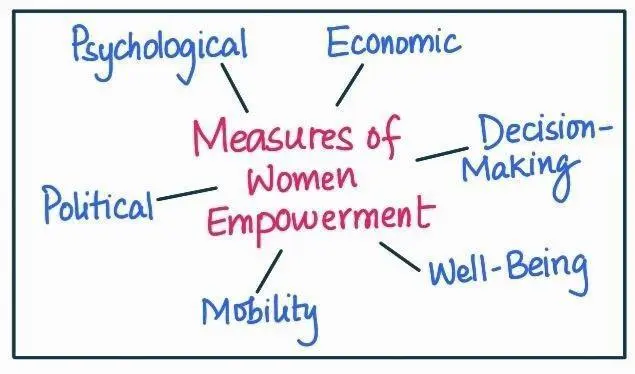![]() 24 Nov 2023
24 Nov 2023
Women’s work and equality are intrinsically linked. Removing gender discrimination in the workforce is a fundamental principle, advocating for equal opportunities, pay, and treatment for women. It addresses systemic barriers that often limit women’s access to employment, career advancement, and economic independence.

| Fewer opportunities and rigid expectations |
|
| Learning for change |
|
| Schooling and education today |
|
<div class="new-fform">
</div>